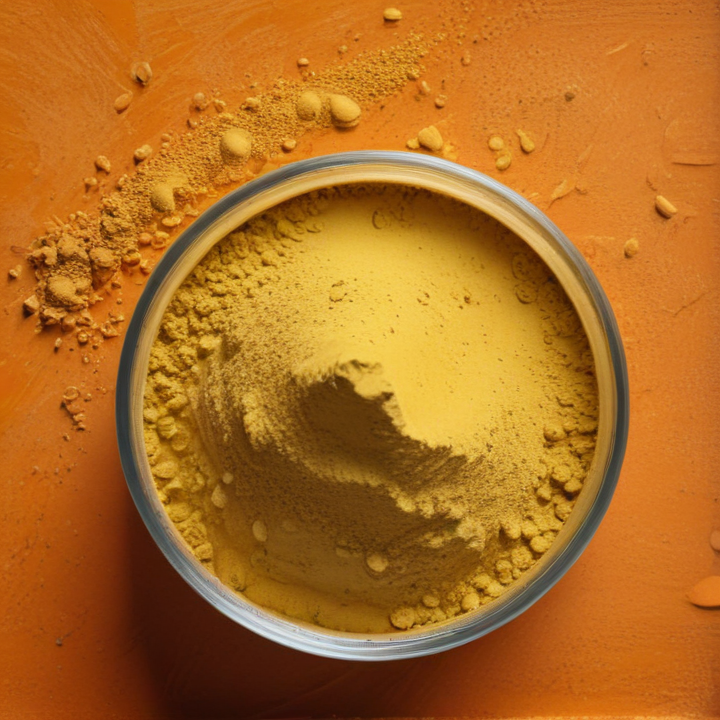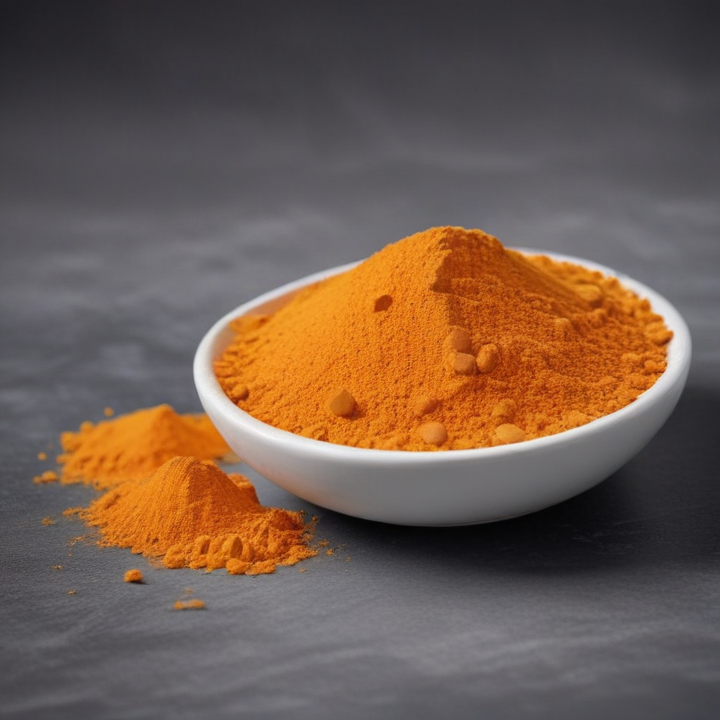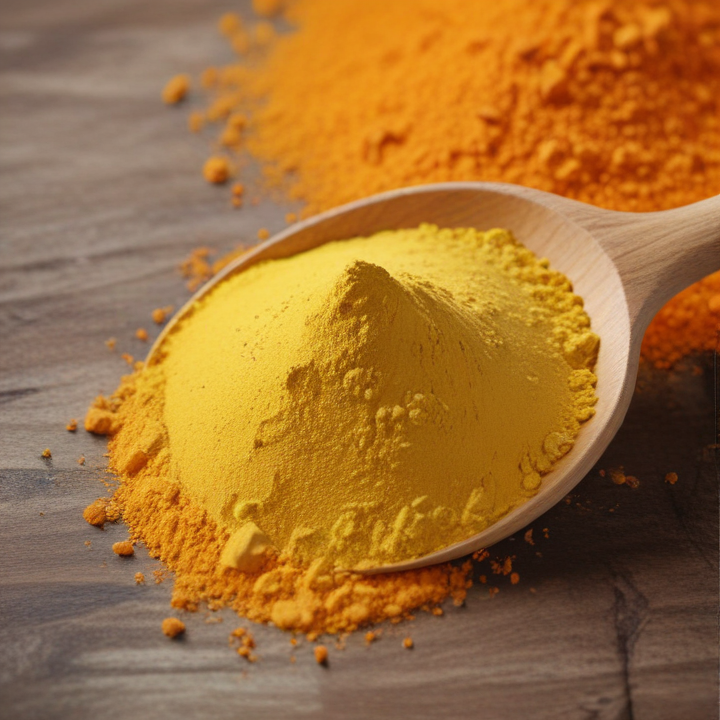lutein powder Safety Certifications
Lutein powder, commonly used in dietary supplements for its benefits to eye health, undergoes rigorous safety certifications to ensure its quality and safety. Here are the primary certifications that lutein powder typically holds:
1. NSF Certification: The NSF/ANSI 173 standard is a key certification for dietary supplements, including lutein powder. This certification involves a thorough review to ensure that the product contains the ingredients listed on the label, does not include harmful contaminants, and complies with toxicological standards. This certification is particularly important for consumer trust and safety.
2. FDA Compliance and GRAS Status: Many lutein powders, such as those from the FloraGLO brand, comply with FDA regulations and are generally recognized as safe (GRAS). This compliance ensures that the product meets stringent safety and quality standards set by the FDA.
3. Good Manufacturing Practices (GMP): Products like those from NOW Foods are certified under the GMP standards by organizations like Intertek. This certification ensures that the supplements are manufactured consistently and in compliance with high-quality standards.
4. Additional Quality Seals: Products may also carry other certifications such as Non-GMO Project Verified, USDA Organic, and Informed Sport certification, which ensures the absence of banned substances in sports nutrition products. These certifications enhance consumer confidence in the product’s safety and quality.
These certifications collectively ensure that lutein powder is safe for consumption, free from harmful contaminants, and manufactured to high-quality standards. This rigorous testing and certification process provides assurance to consumers regarding the safety and efficacy of lutein supplements.
List Reference Technical Parameters of “lutein powder”
Lutein powder is a carotenoid found in leafy green vegetables, fruits, and other plants, used in dietary supplements and food additives for its antioxidant properties and benefits to eye health. Below are the technical parameters commonly referenced for lutein powder:
1. Appearance: Fine powder, typically yellow to orange in color.
2. Assay (Lutein content): Generally standardized to contain 5% to 80% lutein by weight.
3. Particle Size: Most commercially available lutein powders have a particle size of 80 mesh (approx. 180 microns) to 200 mesh (approx. 75 microns).
4. Solubility: Insoluble in water, slightly soluble in oils and fats, and soluble in organic solvents like ethanol.
5. Purity: Purity levels are crucial, with specifications often requiring minimal impurities and high concentrations of lutein.
6. Loss on Drying: Typically less than 5%, indicating moisture content.
7. Heavy Metals: Specifications usually set limits for heavy metals such as lead (< 1 ppm), arsenic (< 1 ppm), mercury (< 0.1 ppm), and cadmium (< 1 ppm).
8. Microbial Limits: Total plate count (TPC) < 1,000 CFU/g, yeast and mold < 100 CFU/g, and absence of pathogenic bacteria like E. coli and Salmonella.
9. Ash Content: Generally less than 1%, indicating the level of mineral content.
10. Shelf Life: Typically 2 years when stored in a cool, dry place away from light and oxygen.
11. Packaging: Often packed in sealed, light-resistant containers to prevent oxidation and degradation.
12. Certification and Compliance: Lutein powder should comply with regulations and standards such as USP (United States Pharmacopeia), FCC (Food Chemicals Codex), and relevant food safety certifications like ISO, GMP, or HACCP.
These parameters ensure the quality, safety, and efficacy of lutein powder used in various applications.
List Product features of “lutein powder”
Lutein Powder Product Features
1. Source and Purity:
– Derived from marigold flowers or other natural sources.
– High purity with standardized lutein content, often 5% to 20%.
2. Appearance:
– Fine, yellow to orange powder.
– Uniform particle size for easy incorporation into various products.
3. Nutritional Benefits:
– Rich in antioxidants, particularly beneficial for eye health.
– Supports vision by protecting against oxidative stress and blue light damage.
4. Bioavailability:
– Enhanced bioavailability formulations available for better absorption.
– Can be combined with other nutrients to improve effectiveness.
5. Applications:
– Versatile use in dietary supplements, functional foods, and beverages.
– Common in capsules, tablets, gummies, and soft gels.
6. Stability:
– Stabilized form to maintain potency and effectiveness over time.
– Often contains additives to protect from oxidation and degradation.
7. Quality and Safety:
– Meets stringent quality standards and regulations.
– Free from contaminants and allergens, often certified non-GMO and gluten-free.
8. Solubility:
– Available in both water-dispersible and oil-dispersible forms.
– Can be easily mixed into various formulations.
9. Dosage and Usage:
– Flexible dosing options to suit different product requirements.
– Clear instructions for optimal usage and incorporation.
10. Packaging:
– Available in bulk or pre-measured packets for convenience.
– Packaging designed to preserve freshness and prevent contamination.
Lutein powder is a versatile, high-quality ingredient recognized for its significant health benefits, particularly in eye health. Its applications range from dietary supplements to functional foods, making it a valuable addition to health-conscious products.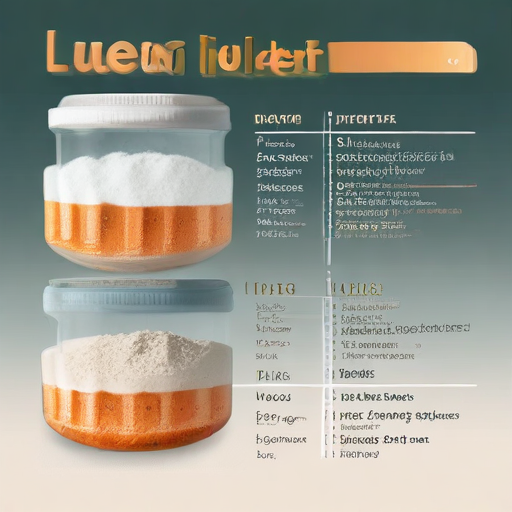
List Various Types of “lutein powder”
Lutein powder is a popular dietary supplement known for its benefits to eye health. It is derived from natural sources and can vary based on its origin, concentration, and additional ingredients. Here are various types of lutein powder:
1. Marigold Extract Lutein Powder:
– Derived from marigold flowers (Tagetes erecta), this is one of the most common sources. It typically contains high concentrations of lutein and zeaxanthin, another beneficial carotenoid.
2. Pure Lutein Powder:
– This type is highly concentrated and free from other additives or fillers. It is often used in supplements where precise dosing is critical.
3. Encapsulated Lutein Powder:
– To improve stability and absorption, lutein is encapsulated in liposomes or other delivery systems. This type is often used in formulations designed for enhanced bioavailability.
4. Organic Lutein Powder:
– Sourced from organically grown plants, this type adheres to organic farming standards, making it a preferred choice for those avoiding synthetic pesticides and fertilizers.
5. Micronized Lutein Powder:
– Micronization reduces the particle size of lutein, potentially enhancing its absorption and efficacy in the body.
6. Synthetic Lutein Powder:
– Produced through chemical synthesis, this type is less common due to the preference for natural sources but can be used in some applications.
7. Food-Grade Lutein Powder:
– Specifically manufactured for use in food and beverages, this type is typically subject to stringent safety and quality standards to ensure it is safe for consumption.
8. Lutein Ester Powder:
– A different form of lutein where it is esterified, believed to be more stable and sometimes better absorbed compared to free lutein.
9. Mixed Carotenoid Lutein Powder:
– This type combines lutein with other carotenoids like zeaxanthin, beta-carotene, and lycopene, providing a broader range of antioxidant benefits.
10. Water-Dispersible Lutein Powder:
– Designed to dissolve in water, this type is ideal for use in beverages and other aqueous formulations.
Each type of lutein powder caters to different needs and applications, making it important to choose the right form based on specific health goals and usage requirements.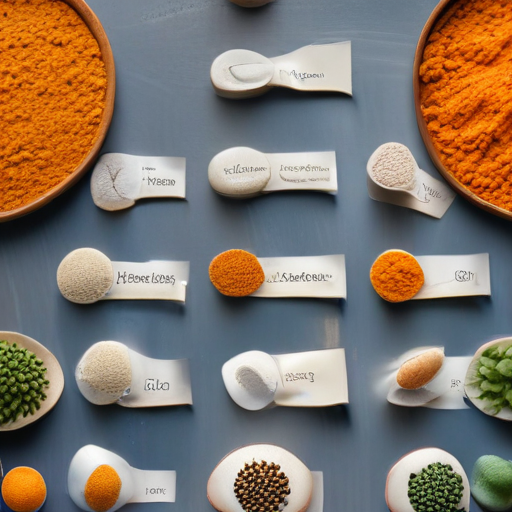
List Application of “lutein powder”
Lutein powder is derived from marigold flowers and is renowned for its various health benefits and applications. Here are some primary uses of lutein powder:
1. Eye Health: Lutein is a carotenoid that is essential for eye health. It helps protect the eyes from harmful blue light and reduces the risk of age-related macular degeneration (AMD) and cataracts. Lutein supplements are commonly used to improve visual performance and eye health.
2. Skin Health: Lutein’s antioxidant properties make it beneficial for skin health. It helps protect the skin from damage caused by ultraviolet (UV) rays and oxidative stress. It is often included in skincare products and supplements to maintain healthy, youthful skin.
3. Dietary Supplements: Lutein powder is a common ingredient in dietary supplements aimed at improving overall health. These supplements are designed to support eye health, skin health, and general well-being.
4. Functional Foods: Lutein is added to various functional foods, including fortified beverages, energy bars, and health drinks. These products are targeted at consumers looking to enhance their diet with additional nutrients for specific health benefits.
5. Animal Feed: In the agricultural sector, lutein powder is used as a feed additive for poultry and other livestock. It enhances the coloration of egg yolks and chicken skin, making them more appealing to consumers. Additionally, it contributes to the overall health of the animals.
6. Cosmetics: Lutein is incorporated into cosmetic products such as creams, lotions, and serums due to its skin-protective and anti-aging properties. It helps in maintaining skin elasticity and hydration.
7. Food Coloring: Lutein powder is also utilized as a natural food coloring agent, providing a yellow to orange hue. It is preferred over synthetic dyes due to its natural origin and additional health benefits.
These diverse applications of lutein powder highlight its importance in health, nutrition, and various industries.
List Buyer Types of “lutein powder”
Buyers of lutein powder can be categorized into several distinct types based on their needs and industry applications. Here’s an overview of the main buyer types:
1. Dietary Supplement Manufacturers:
– These companies purchase lutein powder to include in their products, such as capsules, tablets, and soft gels. Lutein is valued for its benefits to eye health, particularly in reducing the risk of age-related macular degeneration and cataracts.
2. Functional Food and Beverage Producers:
– Lutein is often added to functional foods and beverages aimed at health-conscious consumers. This includes fortified foods, smoothies, and health drinks that promote eye health and overall wellness.
3. Cosmetic and Skincare Companies:
– Lutein is used in skincare products for its antioxidant properties, which help protect the skin from damage caused by UV rays and environmental pollutants. It is found in creams, serums, and lotions that target anti-aging and skin protection.
4. Pharmaceutical Companies:
– Pharmaceutical firms may use lutein powder in the development of eye health medications and supplements. It can be a critical ingredient in formulations intended to treat or prevent eye conditions.
5. Animal Feed Manufacturers:
– Lutein is used in the animal feed industry, particularly for poultry and aquaculture, to enhance the color of egg yolks and fish flesh, respectively. It is also believed to improve the health and growth rates of animals.
6. Research Institutions and Universities:
– These entities purchase lutein powder for scientific research. Studies may focus on its health benefits, efficacy, and potential new applications in various fields.
7. Health and Wellness Brands:
– These brands develop a wide range of health-oriented products that include lutein as an ingredient. These products are marketed for their potential to improve eye health and general well-being.
Each of these buyer types utilizes lutein powder to capitalize on its health benefits, functional properties, and market appeal, driving its demand across various industries.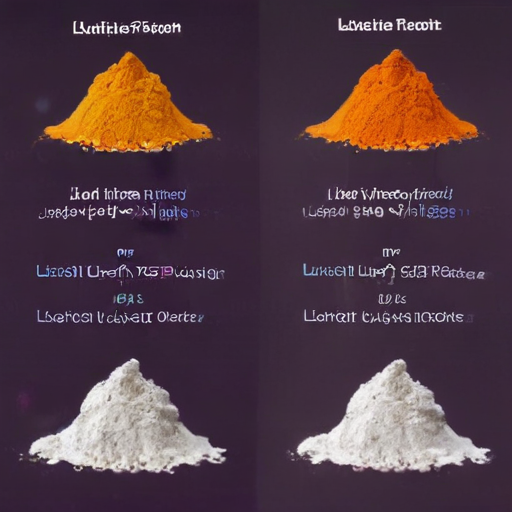
List “lutein powder” Project Types for Different Industries
Lutein Powder Project Types for Different Industries
#### 1. Food and Beverage Industry
– Functional Foods: Incorporation of lutein powder into foods like cereals, dairy products, and snacks to enhance nutritional value.
– Beverages: Development of health drinks and smoothies with added lutein for eye health benefits.
#### 2. Dietary Supplements Industry
– Capsules and Tablets: Production of lutein supplements in capsule and tablet forms aimed at supporting eye health.
– Powdered Supplements: Creation of powdered lutein supplements that can be mixed with water or other beverages.
#### 3. Pharmaceutical Industry
– Eye Health Products: Formulation of medications and treatments for age-related macular degeneration (AMD) and other eye conditions.
– Nutraceuticals: Development of nutraceutical products that utilize lutein’s antioxidant properties for various health benefits.
#### 4. Cosmetic and Personal Care Industry
– Skincare Products: Inclusion of lutein powder in creams and lotions for its potential protective effects against UV radiation and blue light.
– Anti-Aging Products: Development of anti-aging serums and treatments that leverage lutein’s antioxidant properties to reduce skin aging.
#### 5. Animal Feed Industry
– Pet Nutrition: Addition of lutein to pet foods to enhance the health of pets, particularly focusing on vision and overall well-being.
– Livestock Feed: Incorporation of lutein into livestock feed to improve the health and productivity of animals, especially poultry.
#### 6. Agriculture Industry
– Plant Nutrition: Use of lutein powder as a component in plant nutrition products to enhance plant health and growth.
– Biofortification: Biofortifying crops with lutein to increase their nutritional content and offer health benefits to consumers.
#### 7. Biotechnology and Research
– Clinical Research: Conducting studies to explore new health benefits and applications of lutein.
– Product Development: Innovating new products and applications of lutein in various industries based on ongoing research findings.
Each industry leverages the unique properties of lutein powder to enhance their products, offering health benefits that range from improved vision to better skin health and nutritional enhancements.
lutein powder Accessories Upgrades and Custom Manufacturing Options
Lutein Powder Accessories Upgrades and Custom Manufacturing Options
When it comes to lutein powder, having the right accessories and customization options can significantly enhance the product’s usability and appeal. Here are some key upgrades and custom manufacturing options available for lutein powder:
#### Accessories Upgrades
1. Packaging Options:
– Resealable Bags: Ideal for preserving freshness and preventing contamination.
– Single-Serve Sachets: Convenient for on-the-go use and portion control.
2. Dispensing Tools:
– Spoons and Scoops: Customized scoops for accurate dosing.
– Shakers and Mixers: For easy mixing with beverages or food.
3. Storage Solutions:
– Airtight Containers: To maintain potency by protecting from moisture and air.
– Temperature-Controlled Storage: Essential for maintaining stability in varying climates.
#### Custom Manufacturing Options
1. Formulation Customization:
– Blend with Other Nutrients: Combine lutein with vitamins, minerals, or other antioxidants for a comprehensive health supplement.
– Flavor Enhancements: Adding natural flavors to improve palatability.
2. Particle Size and Solubility:
– Microencapsulation: To enhance bioavailability and stability.
– Water-Soluble Versions: For easy mixing with liquids.
3. Labeling and Branding:
– Custom Labels: Tailored to specific branding needs, including private labeling.
– Regulatory Compliance: Ensuring labels meet regulatory requirements for various markets.
4. Quantity and Bulk Options:
– Bulk Supply: For manufacturers and large-scale operations.
– Small Batch Production: For niche markets or custom orders.
#### Conclusion
Upgrading accessories and opting for custom manufacturing solutions can significantly enhance the functionality, convenience, and market appeal of lutein powder. By selecting the right packaging, dispensing tools, and storage solutions, along with tailored formulation and branding options, manufacturers can meet diverse consumer needs and stand out in the competitive health supplement market.
List Quality Control and The Manufacturing Process of “lutein powder”
Quality Control and Manufacturing Process of Lutein Powder
Manufacturing Process:
1. Raw Material Sourcing:
– Lutein is primarily extracted from marigold flowers (Tagetes erecta).
– High-quality marigold flowers are selected based on specific criteria, including pigment concentration and freshness.
2. Flower Processing:
– The marigold flowers are harvested and dried.
– They are then ground into a fine powder to facilitate the extraction process.
3. Extraction:
– The lutein is extracted using solvents like hexane. This involves soaking the powdered flowers in the solvent to dissolve the lutein.
– The mixture is then filtered to separate the solid residues from the lutein-rich solution.
4. Purification:
– The crude extract undergoes purification to remove impurities and unwanted compounds.
– Techniques such as saponification (to remove fats and oils) and crystallization are used to purify lutein.
5. Concentration and Drying:
– The purified lutein solution is concentrated by evaporating the solvent.
– The concentrated lutein is then dried using methods like spray drying or vacuum drying to produce a fine powder.
6. Formulation:
– The lutein powder is sometimes blended with other ingredients to enhance stability and bioavailability.
– Common additives include antioxidants to prevent oxidation and carriers for better dispersibility.
Quality Control:
1. Raw Material Inspection:
– Initial quality checks on marigold flowers for pesticide residues, moisture content, and pigment concentration.
2. In-Process Monitoring:
– Continuous monitoring during extraction, purification, and drying to ensure consistency and quality.
– Parameters such as temperature, solvent purity, and extraction efficiency are closely controlled.
3. Chemical Analysis:
– High-performance liquid chromatography (HPLC) is used to determine lutein concentration and purity.
– Tests for contaminants like heavy metals, residual solvents, and microbial content are conducted.
4. Physical Testing:
– The final lutein powder is tested for particle size, color, and solubility.
– Stability tests are performed to ensure the powder remains effective over its shelf life.
5. Packaging and Labeling:
– The lutein powder is packaged in airtight, light-resistant containers to prevent degradation.
– Labels provide detailed information on concentration, batch number, and expiration date.
These rigorous quality control measures ensure that lutein powder meets industry standards and is safe for consumption.
How to use “lutein powder”
Lutein powder is a supplement derived from marigold flowers, known for its benefits to eye health due to its antioxidant properties. Here’s how to use it effectively:
1. Dosage: The recommended daily dosage for lutein is typically 6-20 mg, but consult with a healthcare provider for personalized advice.
2. Incorporation into Food and Drinks:
– Smoothies and Juices: Add a measured scoop of lutein powder to your morning smoothie or juice. It blends well with fruits like oranges, bananas, and berries.
– Baked Goods: Incorporate lutein powder into your baking recipes, such as muffins, bread, or pancakes. Mix it with the dry ingredients to ensure even distribution.
– Yogurt and Oatmeal: Stir lutein powder into yogurt or oatmeal for a nutritious boost.
3. Capsules: If you prefer convenience, encapsulate the powder into empty capsules, which are available at health stores, and take them with water.
4. Storage: Keep lutein powder in a cool, dry place, away from direct sunlight to preserve its potency.
5. Consistency: For best results, use lutein powder consistently as part of your daily routine.
Benefits:
– Eye Health: Lutein helps protect against age-related macular degeneration and cataracts.
– Skin Health: Its antioxidant properties support skin health by protecting against UV damage.
– Cognitive Function: Lutein is linked to improved cognitive function and memory.
Precautions:
– Consultation: Always consult a healthcare professional before starting any supplement, especially if you have underlying health conditions or are pregnant.
– Allergies: Ensure you are not allergic to any components of the powder.
By integrating lutein powder into your diet, you can leverage its health benefits in a practical and effective manner.
“lutein powder” Comparative Analysis
Lutein powder is increasingly recognized for its benefits in eye health, particularly in filtering blue light and combating age-related macular degeneration. The market for lutein, which was valued at approximately $381.1 million in 2023, is expected to grow at a CAGR of 6% through 2032, driven by rising awareness of its health benefits and increasing use of digital devices.
Market Segmentation and Growth:
Lutein powder can be sourced naturally from marigold flowers or synthetically produced. The natural segment, especially from marigold flowers, is preferred due to consumer trends toward natural and clean-label products. The Asia-Pacific region is the fastest-growing market, spurred by economic growth, urbanization, and a burgeoning middle class in countries like China, India, and Japan.
Key Players:
The market is competitive with major players such as BASF SE, Kemin Industries, Chr. Hansen Holding A/S, Allied Biotech Corporation, and Koninklijke DSM N.V. These companies are focusing on strategic partnerships, product innovation, and expanding their product portfolios to maintain their market positions.
Challenges:
The industry faces challenges such as price volatility due to supply-demand imbalances and sourcing quality ingredients. Additionally, formulating stable and bioavailable lutein products remains a technical hurdle for manufacturers.
Applications:
Lutein powder is widely used in dietary supplements, functional foods, and pharmaceuticals. Its ability to be easily mixed into various products like smoothies and beverages makes it versatile. The dietary supplements segment holds a dominant share and is expected to grow significantly.
Trends:
Innovations such as soy-free lutein and extended-release formulations are emerging to address specific consumer needs like eye strain from screen exposure. The trend toward personalized nutrition and diverse product formats, including gummies and powders, is also driving market growth.
In summary, the lutein powder market is poised for steady growth with significant opportunities in the Asia-Pacific region and a strong emphasis on natural sources and innovative product formulations. However, manufacturers must navigate challenges related to ingredient sourcing and product stability to capitalize on this growing demand.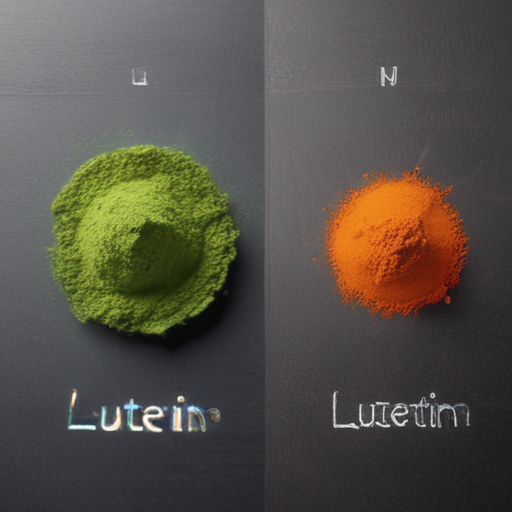
“lutein powder” Warranty and Support
Warranty and Support for Lutein Powder
Warranty:
Lutein powder typically comes with a standard warranty provided by the manufacturer or seller. This warranty usually covers defects in materials and workmanship for a specified period, often ranging from 6 months to 1 year from the date of purchase. During this period, if the product is found to be defective, the manufacturer will repair or replace it at no extra cost to the consumer. It’s important to keep the purchase receipt and any original packaging, as these may be required for warranty claims. Note that the warranty does not cover damages caused by improper use, negligence, or unauthorized alterations.
Support:
Customer support for lutein powder is usually available through various channels:
1. Customer Service Hotline:
Most manufacturers provide a customer service phone number that you can call for any inquiries or issues related to the product. This service is typically available during business hours.
2. Email Support:
Support can also be accessed via email, allowing customers to describe their issues or questions in detail. Response times may vary, but emails are generally answered within 24-48 hours.
3. Online Resources:
Many manufacturers offer online resources, including FAQs, troubleshooting guides, and product usage tips. These can be extremely helpful for resolving common issues or learning more about the product.
4. Return and Refund Policy:
If you are not satisfied with the lutein powder, check the return and refund policy. Many sellers offer a money-back guarantee within a certain period (e.g., 30 days), allowing you to return the product for a full refund if it does not meet your expectations.
5. Retailer Support:
If purchased through a retailer, you can often seek support directly from the store. Many retailers have their own return and exchange policies that can be leveraged in addition to the manufacturer’s warranty.
Ensure you read and understand the specific warranty and support terms provided by the seller or manufacturer to take full advantage of these services.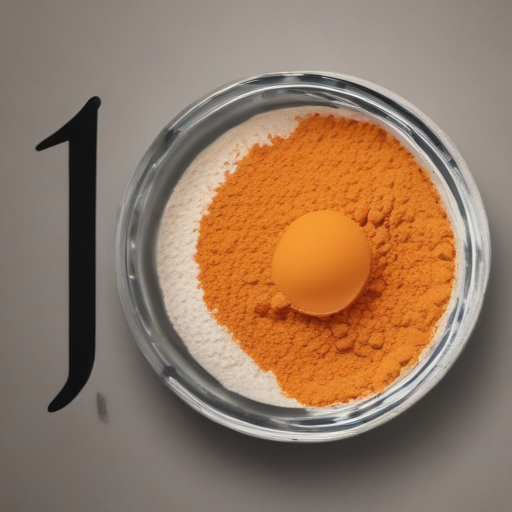
List “lutein powder” FAQ
Lutein Powder FAQ
What is lutein powder?
Lutein powder is a dietary supplement derived from marigold flowers. It is rich in lutein, a carotenoid that is beneficial for eye health and has antioxidant properties.
What are the benefits of lutein powder?
Lutein powder supports eye health, particularly by protecting against age-related macular degeneration (AMD) and cataracts. It also helps improve vision sharpness and may contribute to skin health.
How do I take lutein powder?
Lutein powder can be mixed with water, juice, or smoothies. The typical dosage ranges from 10 to 20 mg per day, but it’s best to follow the specific instructions on the product label or consult a healthcare provider.
Is lutein powder safe?
Lutein powder is generally considered safe when taken in recommended amounts. However, high doses might cause minor side effects like skin yellowing (carotenemia) or digestive discomfort.
Can anyone take lutein powder?
Most adults can take lutein powder, but it is particularly beneficial for those at risk of eye conditions or those who have low dietary intake of lutein. Pregnant or breastfeeding women, and people with specific medical conditions, should consult a doctor before use.
How does lutein benefit eye health?
Lutein filters harmful blue light and acts as an antioxidant in the eyes, reducing oxidative stress and protecting against light-induced damage. This is crucial for maintaining healthy vision and preventing eye diseases.
Does lutein powder have any interactions with medications?
Lutein powder is not known to have significant interactions with most medications. However, always consult a healthcare provider if you are taking other supplements or medications to avoid potential interactions.
Can lutein powder be taken with other supplements?
Yes, lutein powder can be taken with other supplements like zeaxanthin, another carotenoid that complements lutein’s benefits. It’s important to not exceed the recommended dosage of any supplement.
Where can I buy lutein powder?
Lutein powder is available at health food stores, pharmacies, and online retailers. Ensure you purchase from reputable sources to guarantee product quality and safety.
How should lutein powder be stored?
Store lutein powder in a cool, dry place away from direct sunlight and moisture. Always keep it out of reach of children.
For any specific health concerns or conditions, consult a healthcare professional before starting any new supplement regimen.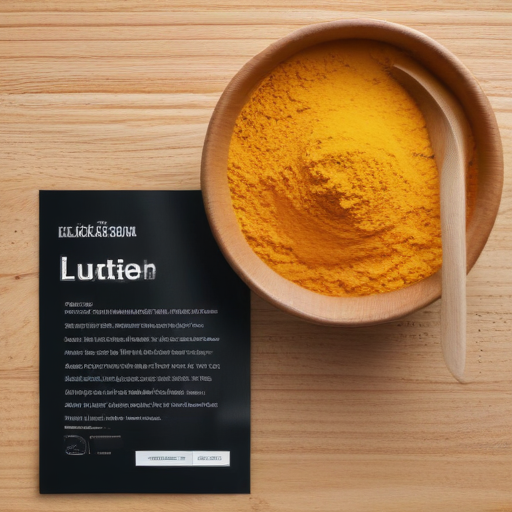
Top 10 FAQ with answer about lutein powder for Buyer Sourcing from China
Top 10 FAQ About Sourcing Lutein Powder from China
1. What is lutein powder used for?
Lutein powder is primarily used as a dietary supplement for eye health, reducing the risk of age-related macular degeneration and cataracts. It is also used as a natural colorant in food and cosmetics.
2. Is lutein powder safe?
Yes, lutein powder is generally considered safe when used as directed. It is a naturally occurring carotenoid found in leafy greens and other vegetables. However, it’s essential to source it from reputable suppliers to ensure quality and purity.
3. What are the key quality standards for lutein powder?
The key quality standards include purity (often 5%-90%), free from contaminants, verified by HPLC or similar methods, and compliance with relevant international standards such as ISO, GMP, and HACCP.
4. How is lutein powder extracted?
Lutein powder is typically extracted from marigold flowers using solvents or supercritical CO2 extraction methods to ensure high purity and bioavailability.
5. What is the minimum order quantity (MOQ) when sourcing from China?
MOQs vary by supplier, but typically range from 1 kg to 25 kg. Some suppliers may offer smaller quantities for first-time buyers or sample orders.
6. What are the typical lead times for delivery?
Lead times for lutein powder from China are usually between 2 to 4 weeks, depending on the order size and shipping method. Express shipping options may reduce this time.
7. How do I ensure the quality of lutein powder from Chinese suppliers?
Ensure quality by requesting certificates of analysis (COAs), third-party lab test results, and visiting the supplier’s facility if possible. Conducting audits and due diligence checks are also recommended.
8. What is the cost range for lutein powder?
The cost varies based on purity and quantity, typically ranging from $100 to $500 per kilogram. Bulk purchases usually offer better pricing.
9. What packaging options are available for lutein powder?
Common packaging includes sealed aluminum foil bags, fiber drums, and vacuum-sealed bags to protect from light and moisture. Custom packaging options may also be available.
10. How do I find reliable lutein powder suppliers in China?
Use platforms like Alibaba, Global Sources, and Made-in-China. Look for suppliers with good reviews, verified status, and clear quality control measures. Direct communication and sample testing are crucial steps.
By addressing these FAQs, buyers can make informed decisions when sourcing lutein powder from China, ensuring quality and reliability.


